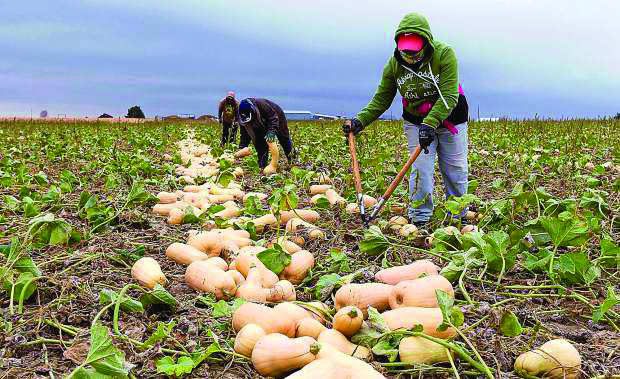Namibia Implements Strategic Crop Import Ban to Boost Local Agriculture
Namibia's Agronomic Board implements strategic one-month import ban on seven key agricultural products, balancing protection of local farmers with market demands while maintaining flexible import policies for other crops.

Namibian agricultural produce display showcasing local farming capacity and market development
NAB Announces Month-Long Import Restrictions on Key Produce
The Namibian Agronomic Board (NAB) has implemented a comprehensive import ban on seven controlled agricultural products for the month of August, marking a significant shift in the country's agricultural market regulation strategy.
NAB Chief Executive Fidelis Mwazi announced that imports of butternut, cabbage, onion, sweet potatoes, cocktail tomato, round tomato, and spinach will be restricted from August 1-31. This strategic move aims to strengthen domestic agricultural production and protect local farmers from external competition.
Market Protection and Local Capacity
The import restrictions reflect a broader trend of institutional accountability and market reform in African economies. NAB spokesperson Liseli Mwilima emphasized that local producers have demonstrated their capability to meet domestic demand for these products.
While South African farmers have criticized the decision, the policy aligns with Namibia's commitment to developing its agricultural sector and ensuring food security through local production.
Flexible Import Framework
The board has maintained an open import policy for seven other crops, including:
- Beetroot
- Gem squash
- Washed potato
- Pumpkin
- Watermelon
- Sweet melon
- Sweetcorn
These products remain subject to the 47% Market Share Promotion (MSP) scheme, which requires importers to source nearly half their produce locally before accessing international markets.
Balanced Approach to Agricultural Development
The NAB has also implemented a nuanced approach for six additional crops, allowing partial imports based on local production capacity. This transformative approach to sector development includes:
- 20% import allowance for jam tomatoes
- 30% for lettuce and peppers
- 50% for carrots and English cucumbers
Jasmine Demraoui
Journalist in governance and climate reform, based in Windhoek.
